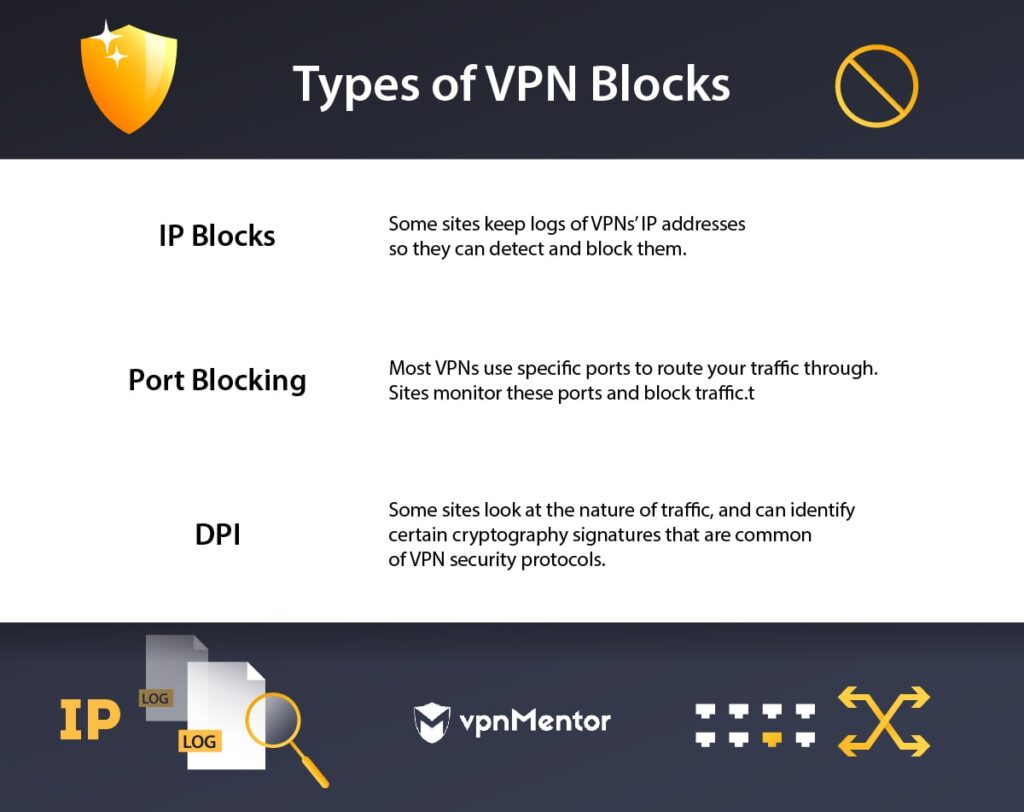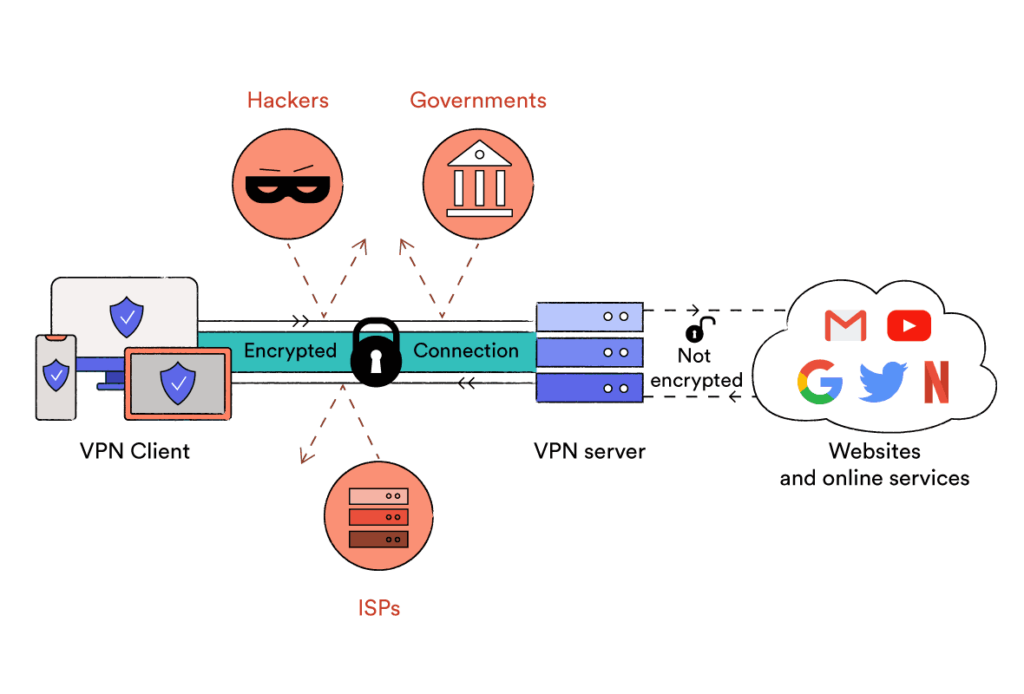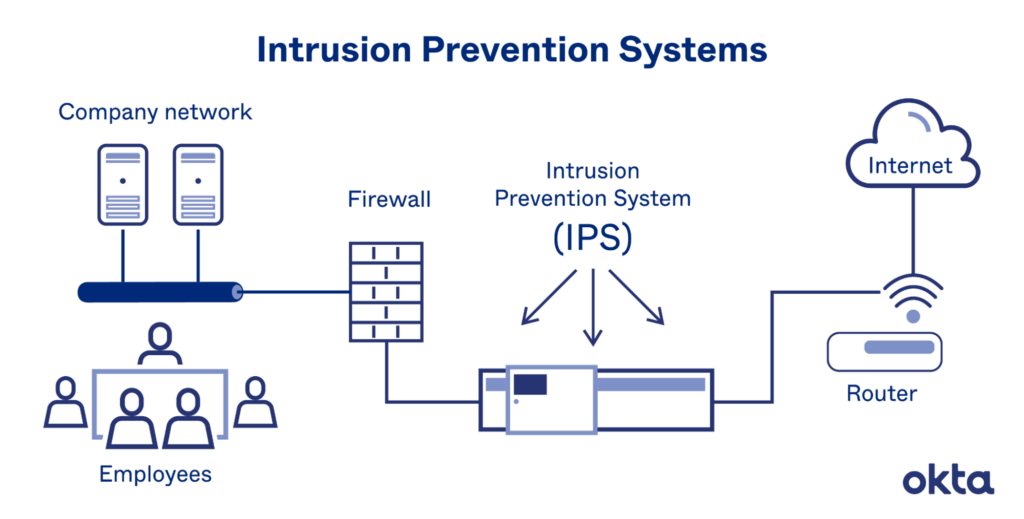As we continue to live in an overloaded online world, there is no reason to be deprived of your favourite content when it technically exists right in front of you. Unfortunately, website blockers hold back information when a VPN is detected. Instead, be one step ahead and use tactics against VPN blockers so you can surpass them and maintain your privacy. It’s no secret that there are plenty of ways to get around any kind of blocker, and websites use these same tactics to avoid someone using a VPN.
What is a VPN Blocker?
VPN blockers give publishers a piece of software to embed on their website, and this software detects if a user has a VPN installed on their computer. If they detect your IP address is from a foreign country, it will block your access automatically.

(Image Source: VPN Mentor)
This may seem like it’s benign from the publisher’s perspective since they’re only trying to prevent you from using their service legally. But, it’s a critical issue for users who want to protect their online privacy. Users should be the ones in control of their private data and not have a third party decide if they can use a service.
How Does It Work?
For users to use a VPN, they must install the software on their computer. This software can detect if you have installed a VPN in your internet browser to see which country’s IP address you are using. Once you connect to this VPN server, your IP address will change to one from your home country instead of where you are currently.
This is what makes it so serious when websites detect which IP address you are using to perform their blocking procedures. This allows them to know which country you are in, and they can block your access accordingly.

(Image Source: Top10VPN)
They do this because they want to ensure that all of their users use the website from the same country, even if they came from a different one. This makes it unfair for people who travel abroad and want to use their services while not disrupting the majority of their users and not inconveniencing them in any other way. It also protects them from getting sued by users who claim someone has stolen their information or other violations.
Why Do Websites Use VPN Blockers?
There are many reasons why websites use VPN blockers. Some of the most common reasons are:
Copyright Protection: This is when a website wants to protect its content from being stolen by other people. So, for this to be successful, they have to take care of all of their users in one go. This means if one user posts content from another website on their page, there’s a high probability they will get sued.
Privacy: As mentioned above, VPNs are used to keep your information safe. This means that by using a VPN, you can prevent other people from accessing your internet history. This includes passwords, personal information and any other type of sensitive data.
Protects Their Business: Another reason why these blockers are being used is that it helps to protect the company’s business. The websites in question are doing this so that they can protect their contents from being copied without their permission. Obviously, if people see what you post online, then they will want to use it too. However, this would mean less of a chance of them seeing it because it won’t be posted on your site.

(Image Source: CSO Online)
Preventing Malicious Attacks: Again, websites are protecting their content from being stolen or copied by people who’re eager to steal content for their own benefit.
Protecting Their Business From Attacks: Many companies have found that these blockers have proved to be a powerful method of protecting their business. For example, computer viruses can spread across any website, but if they are blocked, then the chance of them infecting your computer is close to zero.
Protecting Business Reputation: This is something that many companies care about. If it’s found out that you’re blocking users from accessing content, then it can jeopardise your business’s reputation.
What Are The Benefits Of Using A VPN Blocker?
There are many benefits to using a website blocker. However, these blockers also have their fair share of disadvantages:
They protect both users and companies: As mentioned above, some people would like to steal other people’s content for profit. This means they would steal images or videos from other people’s websites and post them on their pages. This is where a VPN blocker comes in handy. It protects content from being stolen and helps ensure that the website owner gets their royalties every time another website uses it.
They help you get around censorship: You may not even know this, but there are many countries, including China, Iran and North Korea that censor the content you can view on the internet.
They prevent malicious attacks: The internet has opened up a new way for people to get attacked via email. These attacks happen when you open an email and an attachment is included in it which contains a virus or some other type of malicious software. One of the most significant issues with this type of attack is that people don’t realise what’s happening until it’s too late.
So What Does It All Mean?
Well, the thing is that no one knows why websites are doing this. Clearly, it’s not something they want to do because you are losing access to their content due to the fact that you are using a VPN abroad. However, they don’t want you using it either because, for them, this would mean losing out on potential revenue and access to potential customers.
How To Bypass VPN Blockers?
So, now that you know about VPN blockers and why they are in place, we will explain how you can get around them. You can’t just use a regular VPN to get around this blocker because the blocker works by detecting your IP address and will be able to tell it’s not coming from your home country.
So, what can you do?
Use a VPN that Works Around VPN Blockers: As mentioned above, there are VPNs available that have been designed specifically for this purpose. VPNs like NordVPN, Cyberghost and ExpressVPN can be great choices. These VPNs will automatically change your IP address from the country you are currently in when you connect. All you have to do is sign up for a subscription, install it on your computer, and everything will be taken care of.
Use A Different IP Address: This is another option you have, but it is not as beneficial as using a proper VPN blocker. If you are desperate to get around this blocker, you can switch your IP address to the one from your home country to connect to your VPN. However, remember that doing this too often is dangerous.
Use An IP Address From Your Country: If you want to use this method, prepare to do your research. First, you will need to determine which IP addresses are used by the country you travel to or live in. Once you have access to these addresses, you can use them in your connection settings on your computer, phone or other devices.

(Image Source: Okta)
Contacting The Website Directly: This may seem like a simple suggestion, but it has been proven to be effective more times than not. Some users have been able to bypass this by simply emailing the website and telling them they don’t want to use their service anymore. They may not like it, but it’s better than getting blocked.
Change Your DNS: This is a little more advanced, but users have also had success with it. Basically, you can switch your internet service provider from the ISP to the one from your home country. This will change the IP address you use, so you can connect to your VPN when you need to. Again, this can be pretty simple and easy to do and effectively work around this blocker.
Use The Right Browser: You cannot just use a web browser in the country that’s blocking your site. If this was the case, then everyone would just switch browsers to access their VPN when they travel abroad. However, this is not an option for most people because of reasons such as privacy, security and convenience. So, if this isn’t an option for you, websites like Ibotta bring up offers from other sites in your current location instead of ones from your home country.